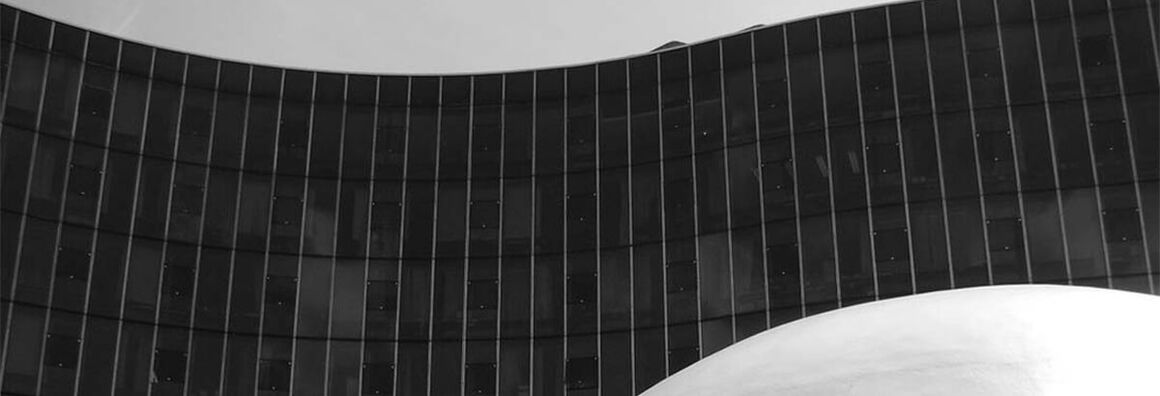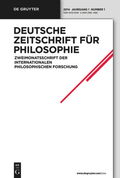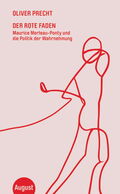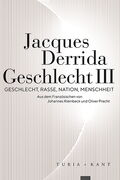
Marx in France. The Self-Determination of French Theory (1945–1995)
Since the end of World War II, the convoluted, often contradictory reception of Marx in France has repeatedly provided decisive impulses for a sustained reoccupation with the problem of self-determination. The questions of the meaning and purpose of theory and of the role of intellectuals in and for society seem to have been omnipresent in the debates of the period. However, this was by no means an after-the-fact, “metatheoretical,” or descriptive definition of theory. Rather, the problem of self-determination itself became the first question, thus raising the issue of the autonomy or heteronomy of thought. In order to reconstruct fifty years of French theoretical history, this research project takes as its starting point the reception Marx received in France—the implicit and explicit affirmation, reading, transformation, and rejection of his ideas and writings.
A theory that strives to change the world must base itself on the changing political, social, institutional, and scientific reality. The self-determination (understood as both self-definition and autonomy) of French theory thus did not take place in a vacuum. On the contrary, it was closely linked to the historical ruptures of the epoch—the Algerian War, the founding of the Fifth Republic, the events of May 68, the assassination of Hélène Rytmann and its aftermath, and the collapse of the Soviet Union. Similarly, a history of the political interventions arising from this self-determination can only be written as the specific history of intellectual circles, academic and non-academic institutions, publishing houses, book series, and journals.
This research project seeks not only to trace this eventful history, but also to identify its characteristic, unifying traits. As the reception of Marx’s thinking challenged notions of a philosophia perennis as well as the philosopho-centrism of tradition, theory could no longer be defined either as a form of speculation detached from the world, or as the highest possibility of human existence, or the absolute moment of history. Engaging with tangible, chaotic history, it must rather tell stories itself. Beginning with Sartre, theory has been in dialogue with the literary, the autobiographical, and the psychoanalytical, and since the early interventions of Lévi-Strauss, it has been continually confronted with the fundamental problem of philosophical Eurocentrism. This project follows these decentering movements in order to find out whether a common style of thinking emerges from this history—a “politics” in the broadest sense of the word, encompassing strategic and ideological differences and applicable to the here and now.
Fig. above: French Communist Party Headquarters, Paris, by Oscar Niemeyer, © Lauren Manning, licence CC BY 2.0
since 2021
Publications
Maurice Merleau-Ponty als politischer Philosoph
Deutsche Zeitschrift für Philosophie
Der rote Faden
Maurice Merleau-Ponty und die Politik der Wahrnehmung
Jacques Derrida: Geschlecht III
Geschlecht, Rasse, Nation, Menschheit
Oliver Precht
- An Land gehen. Zum Gedenken an Michel Serres, in: Philosophische Rundschau 68 (2021), 1–13
- Philosophy and Nonphilosophy: On Derrida’s Theory and Practice [Review of: Jacques Derrida: Theory and Practice. Chicago 2019], in: Interpretation. A Journal of Political Philosophy 48 (2021), 137–142
- Einvernehmliches Unvernehmen [Review of: Axel Honneth, Jacques Rancière: Anerkennung oder Unvernehmen?], in: Soziopolis (2021)
- Philosophy and Nonphilosophy: On Derrida’s Theory and Practice, in: Interpretation. A Journal of Political Philosophy 48.1 (Fall 2021), 137–142
- Derridas Doppelzüngigkeit. Zur Übersetzbarkeit von Schlangenwendungen, in: Wolfgang Hottner (ed.): Theorieübersetzungsgeschichte. Deutsch-französischer und transatlantischer Theorietransfer im 20. Jahrhundert. Stuttgart: J.B. Metzler 2021, 143–153
- Weltverlust und Selbstbehauptung. Politische Ökologie und politische Philosophie bei Bruno Latour, in: Björn Bertrams, Antonio Roselli (eds.): Selbstverlust und Welterfahrung. Erkundungen einer pathischen Moderne. Wien/Berlin: Turia + Kant 2021, 69–89
- Verfinsterungen. Derridas Geschlecht III und die Frage des philosophischen Nationalismus, in: Jacques Derrida: Geschlecht III. Geschlecht, Rasse, Nation, Menschheit, transl. by Johannes Kleinbeck and Oliver Precht. Wien/Berlin: Turia + Kant 2021, 159–185 (with Johannes Kleinbeck)
- Portrait of a Philosopher (Notes on a New Biography on Jacques Derrida), in: ZfL BLOG, 7 May 2021
Events
Oliver Precht: “Soyez justes”: Politik und Übersetzung bei Derrida
Universität Zürich, Plattenstrasse 43, 8032, Zürich, PLG PLG-2-211
Oliver Precht: Maurice Merleau-Ponty: Der Geist von Marx und der Leib des Marxismus
Helle Panke e.V. – Rosa-Luxemburg-Stiftung Berlin, Kopenhagener Str. 9, 10437 Berlin
Theoriepolitik – ein Gespräch mit Morten Paul und Oliver Precht
Freitagsküche, Mainzer Landstraße 105, Hinterhaus, 60329 Frankfurt a.M.
Oliver Precht: Merleau-Pontys ‘Vorlesungszusammenfassungen’
Freie Universität Berlin, Habelschwerdter Allee 45, room JK 31/121, 14195 Berlin
Oliver Precht: Was heißt: sich im Sehen orientieren? Merleau-Pontys Politik der Wahrnehmung
Online
Oliver Precht: Politik der Wahrnehmung. Maurice Merleau-Ponty über den Zufall und die Revolution
online via Zoom
Media Response
Review by Maurice Schuhmann, in: Kultur und Politik. Cultureglobe, 19 Jan 2024


